modern film

The ideology of originality in modern day cinema is a debate that is frequently discussed and examined, comparing it to what was considered the ‘Golden Age of Cinema’ in the 1900’s. Particularly regarded are the similar story lines and plots that are overused and are becoming somewhat identical, which can comprise of reboots of existing features, superheroes, etc. Along with the sheer amount of sequels that reoccur frequently even when audiences may not particularly want them, leading to them being ignored or neglected.

In a 2013 interview, renowned director Steven Spielberg warned of what he called a coming “implosion” regarding summer blockbuster films. Due to Hollywood’s over-reliance on the summer box office, Spielberg believed that blockbusters constrained in this time frame would undergo drastic price changes to set them on top. In an interview, he stated that at some point “you’re gonna have to pay $25 for the next Iron Man, you’re probably only going to have to pay $7 to see Lincoln.

I’m currently in the middle of binge-watching the Kevin Spacey/David Fincher created series House Of Cards on Netflix, and it really is something special. Being an avid movie fan, a character-driven plot is almost unheard of nowadays in the film industry (unless you’re the late Anthony Minghella: see here and here.

In the previous two instalments of my speculative trilogy pondering the future of British cinema, I’ve explored how innovative, non-mainstream films will continue to get funded and whether or not filmmakers will change their style in order to get their films made. In this final article, the concluding chapter of this epic trilogy, I aim to explore how British films can get into British cinemas. If British films aren’t being funded due to worry about a lack of box office returns, is there any possible way for a business model that allows all British films the same wide releases as blockbusters in their home country?
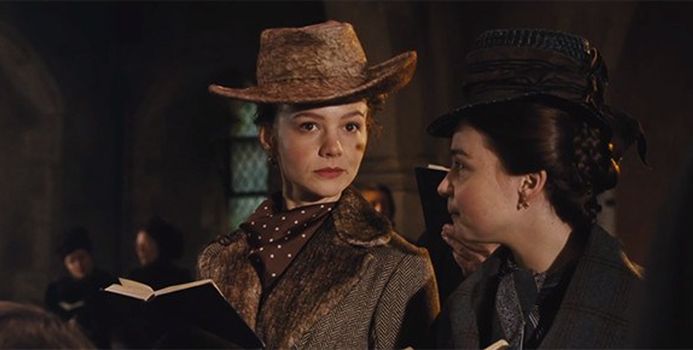
Under the last government, the UK film council (which supported the funding, production and distribution of British films) was scrapped, as prime minister David Cameron cited that the initiative “wasn’t supporting films people British people want to see, like Harry Potter”. Subsequently, we have been told this has made it far harder for British filmmakers to get their movies made. As David Cameron’s Conservative government have recently been re-elected into parliament (this time as the sole governing party; last time they were part of a coalition), it is time to examine what effect this will have on British filmmakers, both in terms of how they will be able to get their films made now there is a tighter grip on funding, as well as how it will effect the kinds of films they make.
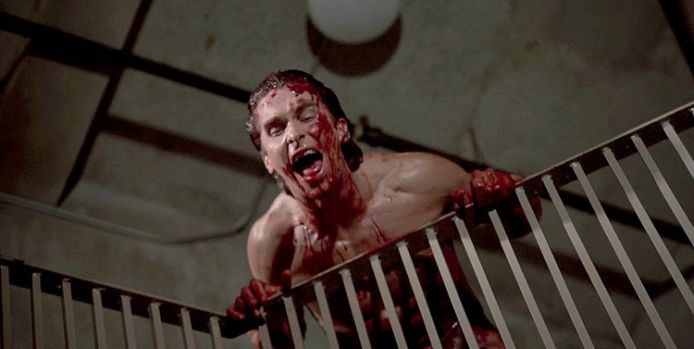
Cult films are difficult to define, as they vary in scope, themes, genre and in just about every other way. Despite these ambiguities, it is demonstrable that the revered Roger Ebert once got the definition entirely wrong. Avatar just isn’t cool enough In his review of Avatar, Ebert described the film as an “event” that was “predestined to launch a cult.
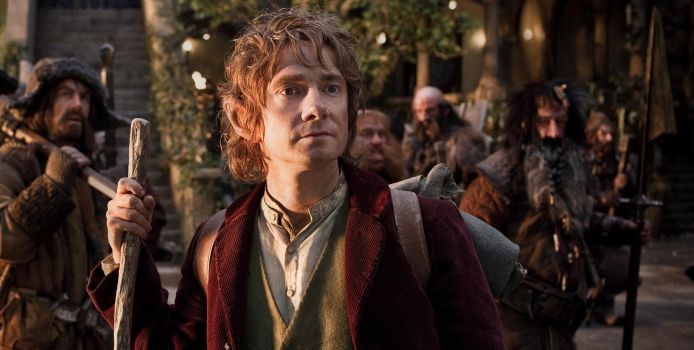
Plot, visuals, and theme are all hugely important to great cinema, but movie audiences love characters, and they remain the most memorable aspect of many films. However, the same character types appear again and again in film – the heroes, the villains, the sidekicks and the damsels in distress. We simply accept this as a part of cinema, and of stories in general, and it’s because all stories follow the same narrative structure, according to Russian theorist Vladimir Propp.
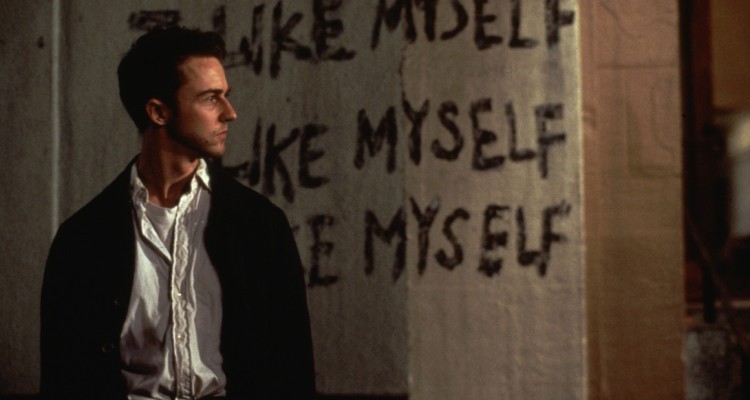
Cinema is one of the few areas of modern life where the word ‘cult’ can conjure up positive connotations: more Rocky Horror and Fight Club than Charles Manson. Screenings of ‘cult’ films gather huge, enthusiastic crowds and each have their own strange rituals and practices, such as the hilarious habit of spoon-throwing during showings of The Room.
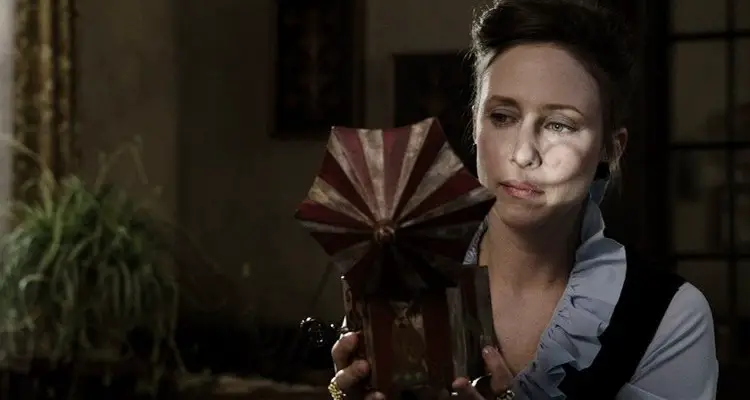
A well-executed horror film is quite possibly the most pure and affecting of all cinematic experiences. A horror film can be the ultimate ‘pop-corn’ movie – a work that draws you into its world, gnaws on your emotions and intellect, and finally spits you back into your seat, thrilled and grateful and dripping with adrenaline. It makes sense that horror films illicit a strong response – after all, we are naturally hard-wired to fear.





